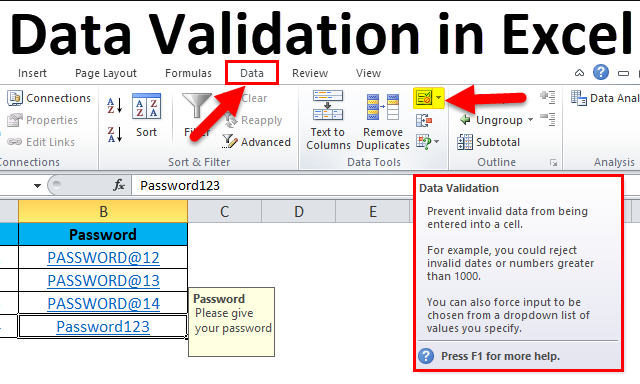Vendor Audit
Vendor Audit, also known as supplier audit or third-party audit, is a systematic assessment of suppliers or vendors to evaluate their adherence to quality standards, regulatory requirements, and contractual agreements. The goal of a vendor audit is to ensure that suppliers consistently provide products or services that meet the organization’s quality expectations and comply with applicable regulations.
Objectives of vendor audits:
- Supplier Qualification: Vendor audits help assess the capabilities and qualifications of potential suppliers before establishing a business relationship.
- Quality Assurance: Auditing vendors ensures that products or services received meet the organization’s quality standards and specifications.
- Risk Mitigation: Vendor audits identify and mitigate potential risks associated with suppliers’ processes, quality control, and regulatory compliance.
Vendor Audit Process
Vendor Audit process involves the following steps:
- Audit Planning: Define the scope, objectives, and criteria for the audit. Prepare an audit plan, including the audit team, schedule, and required documentation.
- On-Site Audit: Conduct the audit on-site at the vendor’s location. Review documents, observe processes, and interview personnel.
- Compliance Evaluation: Evaluate the supplier’s compliance with quality standards, regulatory requirements, and contractual obligations.
- Non-Conformance Identification: Identify any areas of non-compliance or deviations from requirements during the audit.
- Corrective Action Plan: Work with the vendor to develop a corrective action plan to address identified non-conformances.
- Follow-Up and Verification: Follow up with the vendor to ensure corrective actions are implemented effectively and verify their effectiveness.
Effective Vendor Audit
- Supplier Quality: Vendor audits ensure that suppliers consistently deliver high-quality products or services, minimizing the risk of product defects or performance issues.
- Supply Chain Integrity: Audits help ensure the integrity of the supply chain by verifying that vendors meet regulatory and quality requirements.
- Risk Management: Vendor audits identify potential risks early on, allowing organizations to mitigate or avoid supply chain disruptions and non-compliance issues.
- Regulatory Compliance: Demonstrating effective vendor audits is essential for meeting regulatory requirements and maintaining a positive relationship with regulatory authorities.
What may occur as part of the vendor audit process?
In general, vendor audits may include some or all of the following:
– Review of the third-party’s books and records.
– Data analysis on transactions and records.
– Sampling of high-risk transactions.
– Phone or In-Person interviews with third-party personnel.
– Vendor questionnaires.
– Site visits.
– Review of contracts, policies, and other documents.
– Documentation of findings and any correction plans.
Frequently Asked Questions (FAQ) On Vendor Audit
Some common questions related to Vendor Audit:
Q1: How are vendors selected for audit?
Vendors are selected for audit based on various factors, including their criticality in the supply chain, the risk associated with their products or services, and historical performance data.
Q2: How often should vendor audits be conducted?
The frequency of vendor audits depends on factors such as the criticality of the vendor, the complexity of the products or services, and the results of previous audits. High-risk vendors may require more frequent audits.
Q3: What criteria are used to evaluate vendors during the audit?
The criteria for vendor evaluation include quality management systems, compliance with regulations, product quality, service performance, financial stability, and communication capabilities.
Q4: How should corrective actions be monitored and verified after the audit?
Corrective actions should be monitored through regular follow-ups with the vendor. Organizations may request evidence of action implementation and conduct verification audits, if necessary, to ensure effectiveness.
Q5: What are the best practices for maintaining vendor audit documentation?
Best practices for maintaining vendor audit documentation include storing all records in a centralized system, ensuring data security and confidentiality, and maintaining clear records of findings, corrective actions, and verification.
Conclusion
In conclusion, Vendor Audit is a crucial component of supplier and vendor management. By implementing an effective vendor audit program, organizations can ensure supplier quality, regulatory compliance, and risk management. Vendor audits contribute to maintaining a strong supply chain and ultimately impact the organization’s product quality and customer satisfaction.

